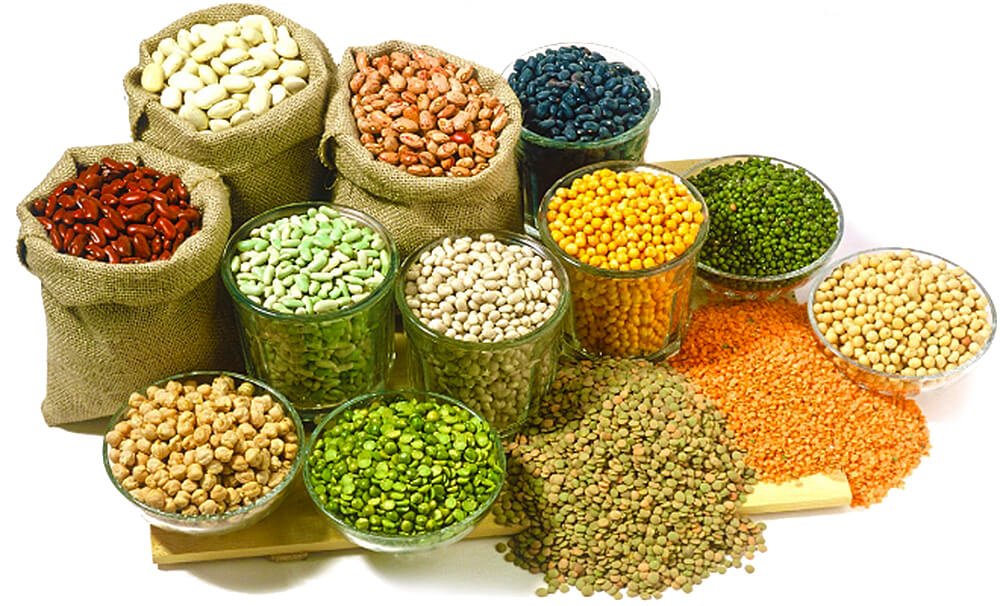Amsterdam scientists develops “Molecular Heaters” to Increase crop yield
After having recently been awarded a patent, the researchers are now looking for partners to further develop feasible applications of the molecular heaters.
Researchers at the University of Amsterdam have developed a novel class of molecules capable of raising the temperature of plants. Application of such “molecular heaters” allows crops to grow at lower environmental temperatures. This can extend the growth season, increase the availability of arable land, and facilitate speed breeding programs for new crop varieties.
The molecular heaters were developed by Wybren Jan Buma of Molecular Photonics (Van ‘t Hoff Institute for Molecular Sciences) and Teun Munnik of Plant Cell Biology (Swammerdam Institute for Life Sciences) in a cooperation with researchers from the universities of Warwick and Bristol.
In experiments in the laboratory and greenhouses, the team has demonstrated that the molecular heating effect can indeed be used to warm plants and increase the temperature of leaves by more than one degree Celsius. Furthermore, it was established that application of these molecular heaters can lead to increased amounts of biomass. Currently, the molecular heaters are subject of further study in the European “Boostcrop” project, funded with nearly 5 million euros from the EU’s “Future and Emerging Technologies” program. This research includes small field tests and assessment of safety issues.
When applied at large scale, molecular heaters could contribute to boosting crop yields worldwide. Allowing crops to grow at lower environmental temperatures can extend their cultivation at higher altitudes or latitudes than what is normally possible. Application of the molecular heaters can also prolong the growth season (to earlier and later time periods) and lead to faster development of plants.
Patent Awarded
After having recently been awarded a patent, the researchers are now looking for partners to further develop feasible applications of the molecular heaters. Preliminary contacts with key players have already shown a high level of interest in the field of crop protection and development. The researchers envision large-scale application of the molecular heaters in mixtures with surfactants and wetting agents or combinations thereof. This would optimize their application on plants, for instance through spraying techniques. Another line of development they pursue is to chemically adjust the molecular heaters to make them stick better to the surface of plants.
Sunscreen-like Molecules
The way molecular heaters work is comparable to molecules used in sunscreen lotions. They absorb UV photons and transform this energy into molecular vibrations. This effectively converts harmful light into harmless heat, albeit on such a small scale that this escapes the sunbather’s notion. Having developed advanced laser spectroscopic techniques for elucidating the photodynamics of these sunscreen molecules, Wybren Jan Buma set out to broaden the scope of his research. He teamed up with plant biologist Teun Munnik to explore the idea of using the molecular heating phenomenon for heating plants. When it turned out this notion had not been reported in literature before, they knew they were on to something.
After having recently been awarded a patent,














